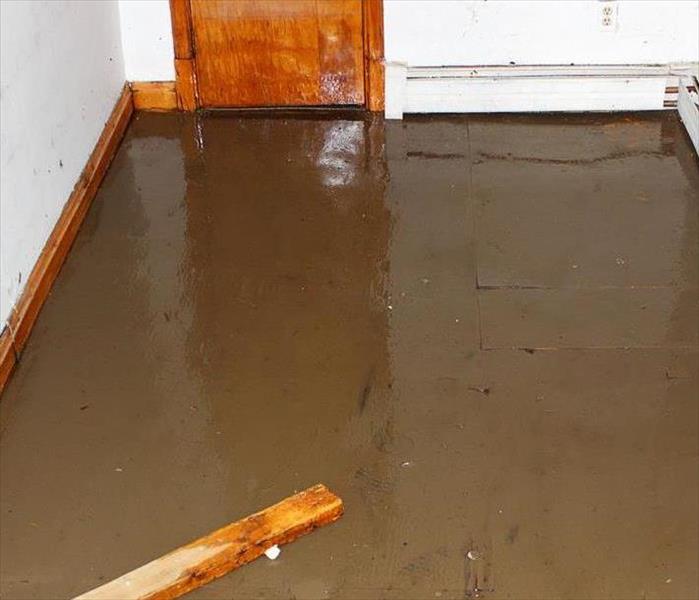Homeowners 101: Understanding Different Water Types
11/6/2019 (Permalink)
Water is invaluable - but only when it’s clean. Contaminated water can instead pose a major health threat. Surprisingly, there are many ways water can be contaminated, and each can pose different threats to your Shoreline, WA home. Keep reading to get answers.
Different Types of Water
While the composition of all water is the same, the source and what materials it has encountered, are not. The main three categories of water are:
Clean water
Gray water
Black water
The first is a safe life giver. But the other two can be laden with toxins that can have serious health repercussions. The key is being able to recognize and address each one.
Clean Water
Clean water is straight forward. Not to be confused with drinking water, clean water is what you may encounter from roof leaks, appliance malfunctions or tub overflows. This water doesn’t contain human or animal waste and is only a threat for its potential to cause mold or mildew. This type of water is typically safe to remove on your own.
Gray Water
This type of water is a little bit murkier. Like its name suggests, it falls between good and bad, typically mildly contaminated. The source is typically sump pump failures, or supply line malfunctions with toilets or dishwashers. At this point, the contaminated water may contain just a few bacteria or germs, but it should still be professionally removed.
Black Water
This water typically contains urine or feces, due to coming from toilets or natural sources like a flood from a river or lake.
Use these tips to figure out what if contaminated water is in your home, then talk to a water damage specialist to schedule proper removal.






 24/7 Emergency Service
24/7 Emergency Service
